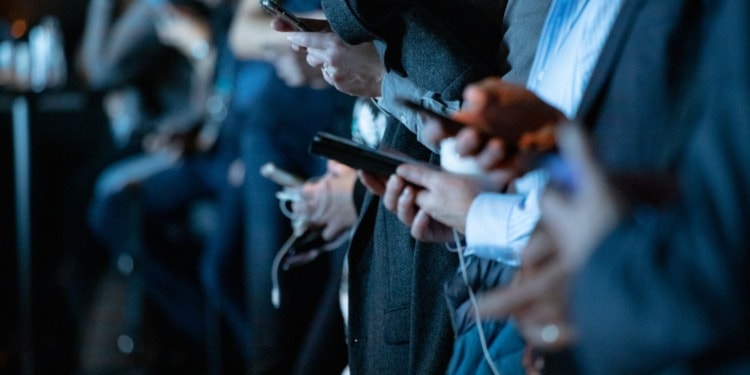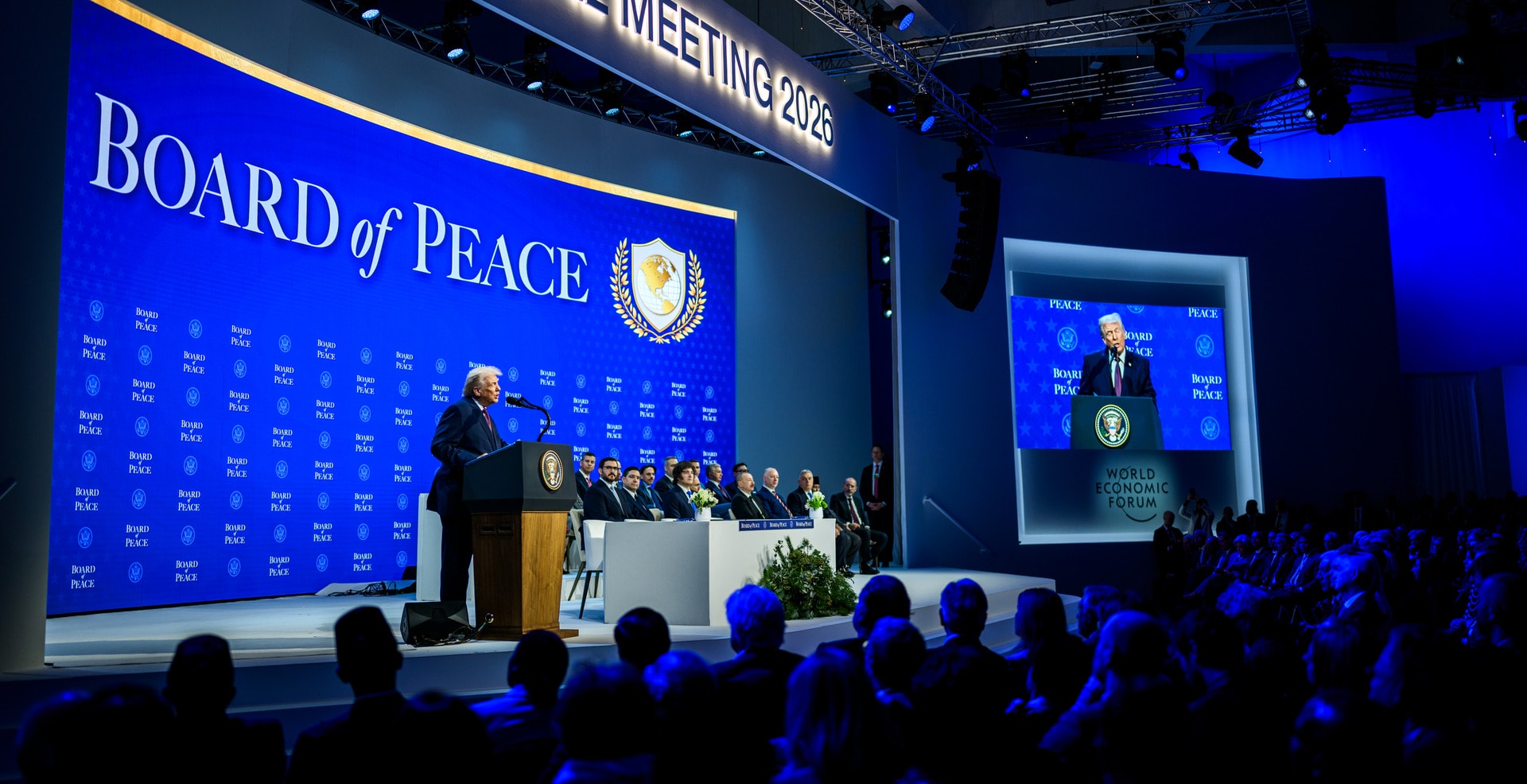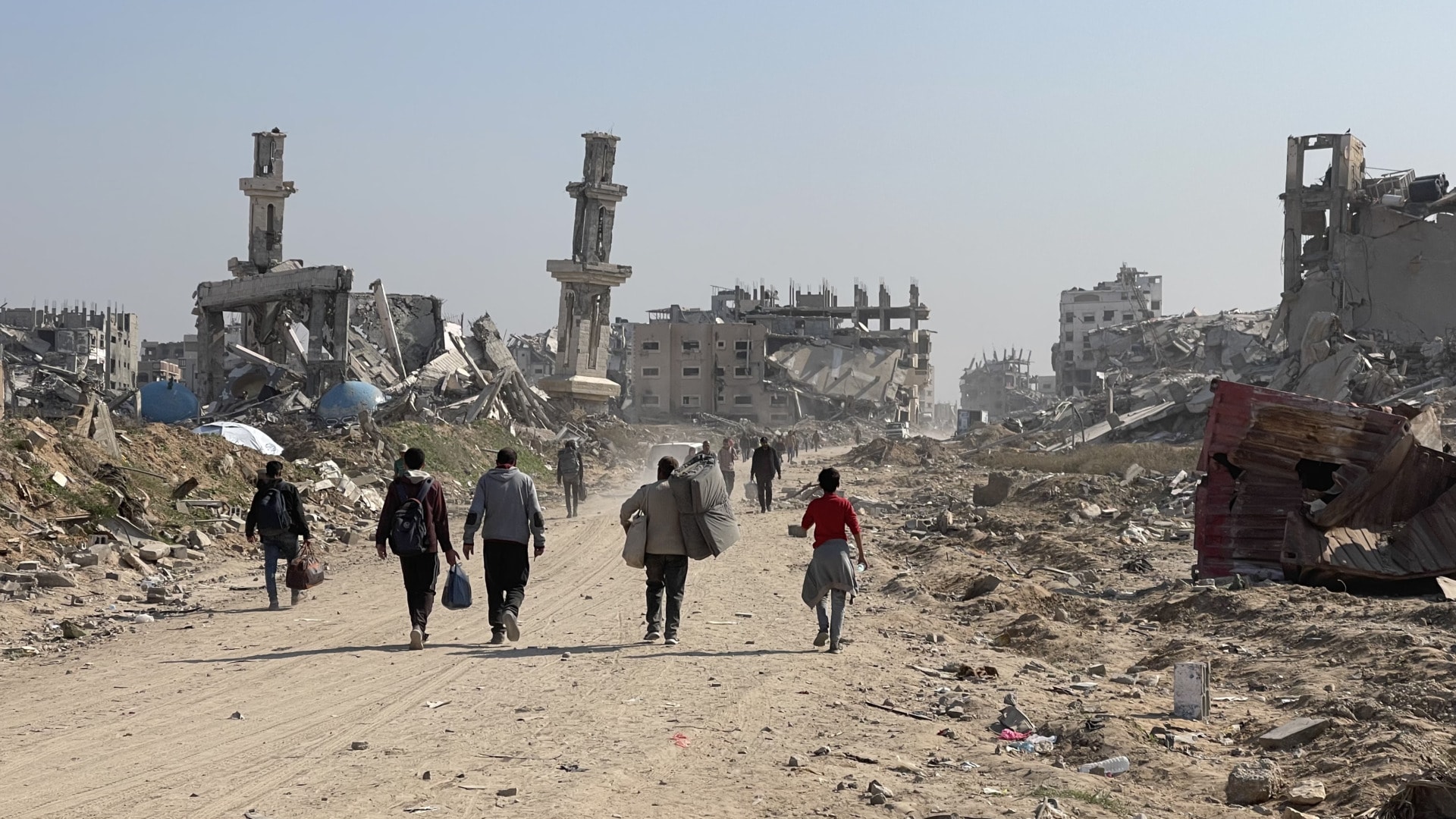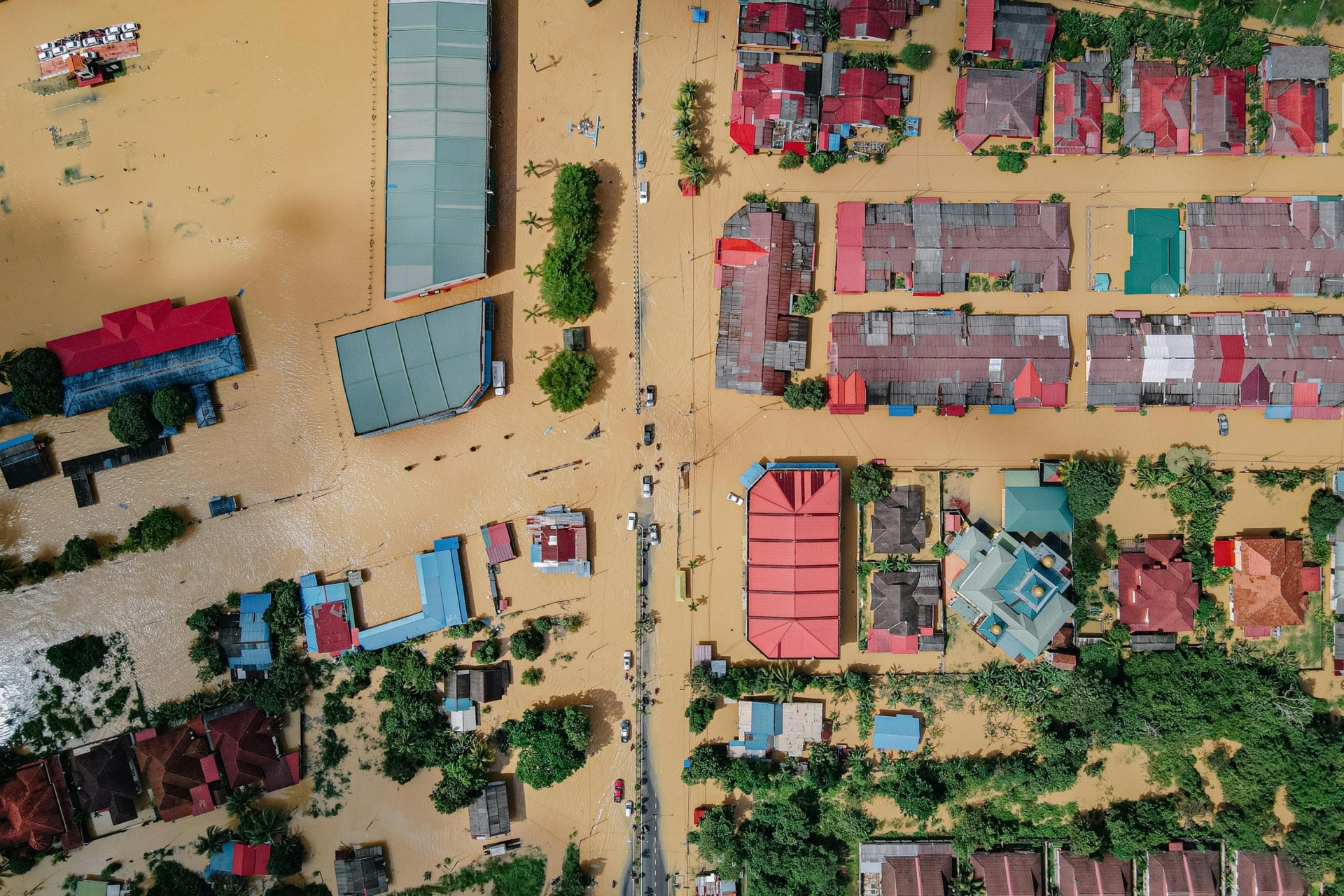In a speech at the press briefing for a new UN policy brief on “Information Integrity on Digital Platforms,” UN Secretary-General Antonio Guterres warned that “new technology is moving at warp speed. And so are the threats that come with it.” Guterres also stressed that new artificial intelligence (AI) technology “must not distract us from the damage digital technology is already doing to our world.”
“The proliferation of hate and lies in the digital space is causing grave global harm – now,” he said.
Guterres’ comments come after many industry experts, including Geoffrey Hinton, the “godfather of AI,” have made public warnings about the risks associated with developing AI technology.
“Alarm bells over the latest form of artificial intelligence – generative AI – are deafening,” said Guterres. “And they are loudest from the developers who designed it.”
Publishing a policy brief document, Guterres hopes the UN’s proposals will help to inform a Code of Conduct for Information Integrity on Digital Platforms. The proposals emphasise the need for “governments, tech companies and other stakeholders to refrain from using, supporting, or amplifying disinformation and hate speech for any purpose.”
Guterres said: “We are counting on broad engagement and strong contributions from all stakeholders as we work towards a UN Code of Conduct for Information Integrity on Digital Platforms.”
Alarm over generative AI, as relevant as it is, must not obscure damage being done by digital tech enabling the spread of hate speech, mis- & disinformation now.
Fueling conflict & destruction.
Threatening democracy & human rights.
Undermining public health & #ClimateAction. pic.twitter.com/XlisItDQIG
— António Guterres (@antonioguterres) June 12, 2023
The policy brief is aimed at helping UN Member States, digital platforms and other stakeholders make digital spaces more inclusive and safe “while vigorously defending the right to freedom of opinion and expression, and the right to access information.”
Guterres hopes the brief will “provide a gold standard for guiding action to strengthen information integrity.”
“Its proposals are aimed at creating guardrails to help governments come together around guidelines that promote facts, while exposing conspiracies and lies, and safeguarding freedom of expression and information,” Guterres said on Monday.
How dangerous is misinformation, disinformation and hate speech?
As well as expressing concerns on AI and new technologies, Guterres said that “the proliferation of hate and lies in the digital space is causing grave global harm” and has harmful consequences on all fronts.
According to Guterres, “It is fuelling conflict, death and destruction – now. It is threatening democracy and human rights – now. It is undermining public health and climate action – now.”
On defining misinformation and disinformation, the policy brief highlights that “while there are no universally accepted definitions of these terms, United Nations entities have developed working definitions.”
In the policy brief, “misinformation refers to the unintentional spread of inaccurate information shared in good faith by those unaware that they are passing on falsehoods.”
Disinformation in the policy brief “is information that is not only inaccurate, but is also intended to deceive and is spread in order to inflict harm.”
“For the purposes of the present policy brief,” the brief reads, “the difference between mis- and disinformation lies with intent.”
The brief references a survey published by Harvard Kennedy School found that 58.5% of frequent internet users worry about consuming misinformation, with young and low-income groups being the most concerned. The brief points out that young people, as “digital natives,” are at risk of “exposure to online hate speech and harm,” which can affect their mental health.
But, as the brief highlights, there can be deadly impacts of misinformation, disinformation and hate speech leading to death and conflict.
The policy brief mentions the COVID-19 pandemic, during which, “a deluge of mis- and disinformation about the virus, public health measures and vaccines began to circulate online.” The brief also reads that “[c]ertain actors exploited the confusion for their own objectives, with anti-vaccine campaigners driving users to sites selling fake cures or preventive measures.”
“Many victims of COVID-19 refused to get vaccinated or take basic health precautions after being exposed to mis- and disinformation online,” the brief explains.
Mis- & disinformation and hate speech are threatening progress on the #GlobalGoals.
In new report, @antonioguterres puts forward proposals for clear & coordinated global action to address this clear & present threat. https://t.co/atXRvwP4N3 pic.twitter.com/5uGkTv9VTH
— United Nations (@UN) June 13, 2023
The policy brief also highlights a report that found “weaponized information, in sowing confusion, feeding hate, inciting violence” can actually prolong conflict.
Another problem highlighted in the brief is that “countries in the midst of conflict, or with other- wise volatile contexts that are often less lucrative markets, have not been allocated sufficient resources for content moderation or user assistance.” For example, the report mentioned in the brief found Facebook to be “the leading platform for hate speech in Myanmar.”
Hatred spread online as a result often sparks anger and violence. Indeed, the brief references a UN article explaining how: “Some digital platforms have faced criticism of their role in conflicts, including the ongoing war in Ukraine.”
The UN’s policy brief even explains how threats to information integrity negatively impacts the path to achieving each of the 17 Sustainable Development Goals, from impacting education to undermining ocean conservation and protection projects.
Guterres’ comments are an important step in recognising the need for global cooperation when it comes to information online, an issue that is becoming increasingly compounded by AI. AI as we know it today is new and difficult to regulate in a way that does not stifle the development of potentially very useful tools in the future.But with misinformation, disinformation and hate speech becoming a severe issue concerning human health, politics and environmental wellbeing, immediate action is needed to ensure safety in the digital world. Guterres, the most recent in a long line of whistleblowers including the World Health Organisation, must not be allowed to go unheard.
Editor’s Note: The opinions expressed here by the authors are their own, not those of Impakter.com — In the Featured Photo: People checking their phones. Featured Photo Credit: Unsplash.














